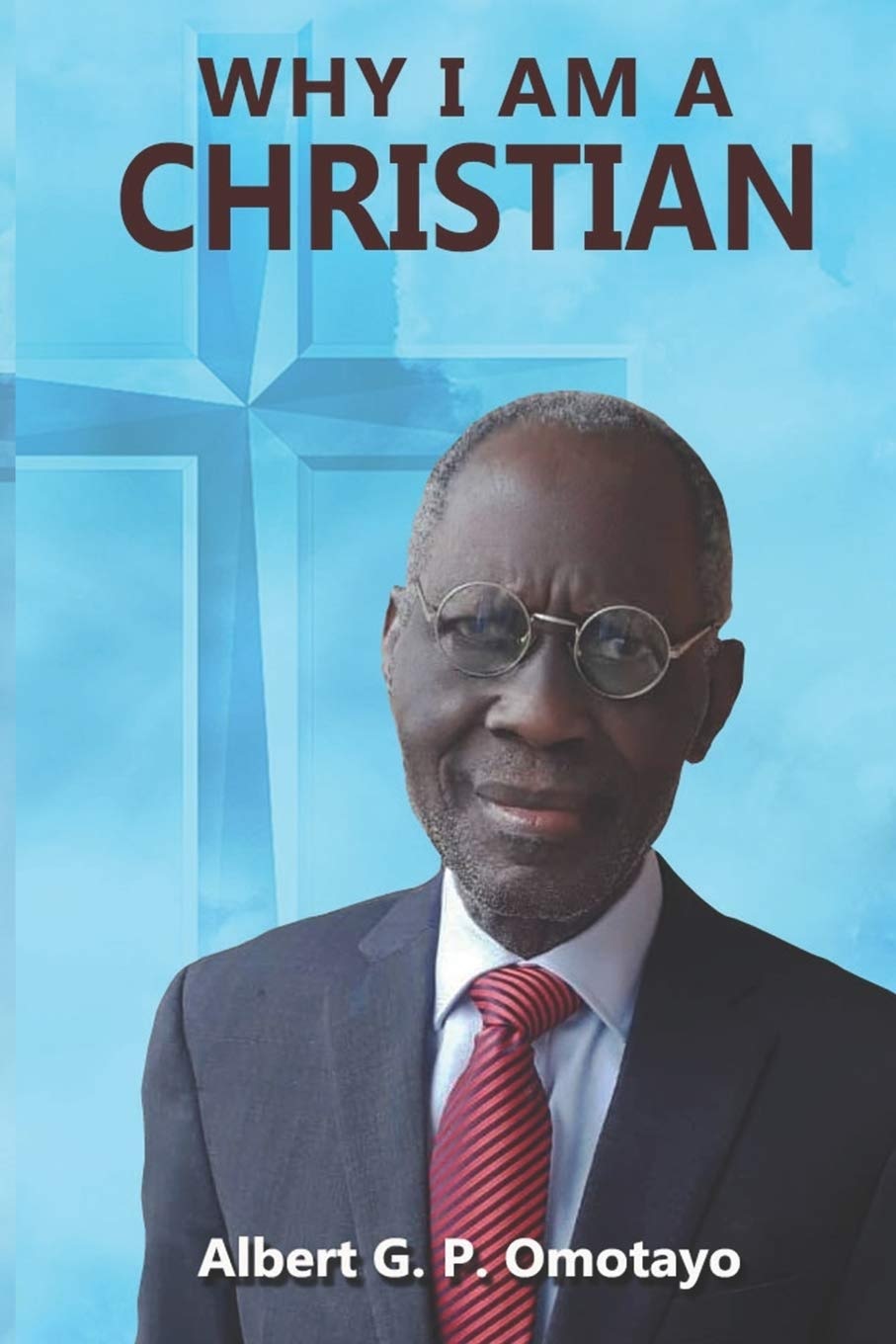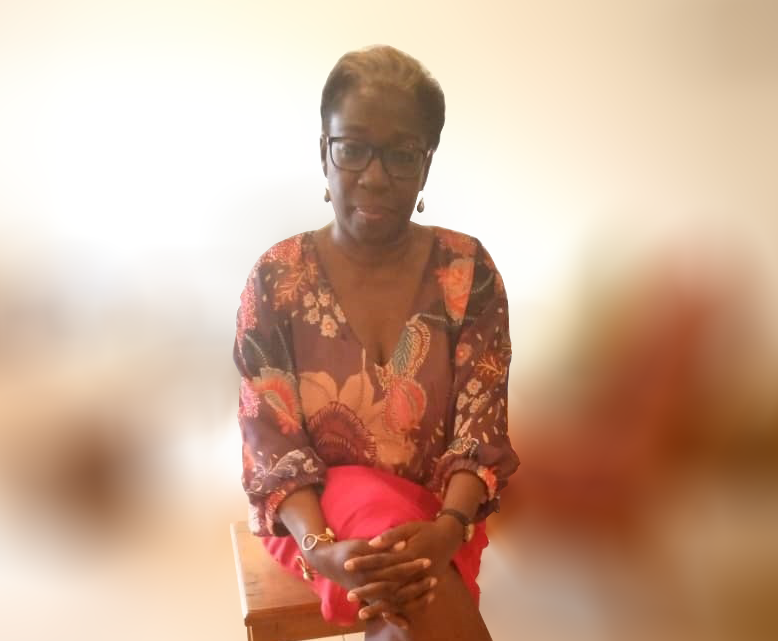
WHY I AM A CHRISTIAN

Reading Why I Am A Christian by Ambassador Albert Omotayo gave me such pleasure that not only did I read it twice, I had to write about the experience. Published by Amazon in print, the e-format, a short and sweet 81 pages, is published by the cutting-edge Okada Books. Written with a refreshingly clear use of English, the book is as personal as it is objective in its analyses; as polemical as it is spiritual. In Omotayo's journey of spiritual growth from random seedling to a sturdy and flourishing tree of life in the Kingdom, I found my mind exercised - but without sweat. After two reads, feeling ventilated and refreshed, I closed the book with a gentle smile on my lips.

The answer to why Omotayo is a Christian is found frequently in the book, decorating the pathways of his evolution. On the journey he invites us to take with him, we pay important visits: to his Anglican school where he was sent by practical Roman Catholic parents because of its proximity to his home; to his married friends who entice him with the taboo pleasures of extra-marital affairs; to the hospital where the passing of his beloved daughter, Funke, transformed him from free thinking agnosticism to a desperate seeker of religion - something to rely on, something to hold onto in his anguish; to Medanta Hospital, Gurgaon, India where his late wife battled for her own life and where, as he paced a lonely corridor, the question was posed to him by medical staff: Why are you a Christian?
In curious but real ways this very clear book is like playing hide and seek. Why do I say this? Because justification for Christian faith by eminent scientists in notable works might be intellectually stimulating but you won't find Omotayo's answer within the summaries he shares. He sheds light on them to diverge from them. You won't find his answer in the ten thousand strong pews, ornate pulpits and megaphones of the mega-churches which proliferate the capital cities of Nigeria. These he flat-out condemns.
The book analyzes the impossible peace of Islam and importantly studies the presentation of Jesus by various religions including the Hindu religion whose sacred texts, the Upanishads introduce Jesus Christ in an idiom so similar to the Saviour of the Holy Bible, I was astonished. A total failure to resolve the question of sin and man's proclivity to sin, is the original deficiency (sin) of the various religions Omotayo examines.
Albert Omotayo is a marvellously clear thinker. He takes us through such dynamic pathways as the reasoning of Christian and atheist scientists, through comparative religion and the distortions of the faith in Pentecostalism. Alongside them here and there as we turn his pages we encounter the answer to the important question he was asked and which he asked himself.
Why I Am a Christian is written with love and welcome clarity with a view to helping all of us on the journey towards a shining and resolute faith.




